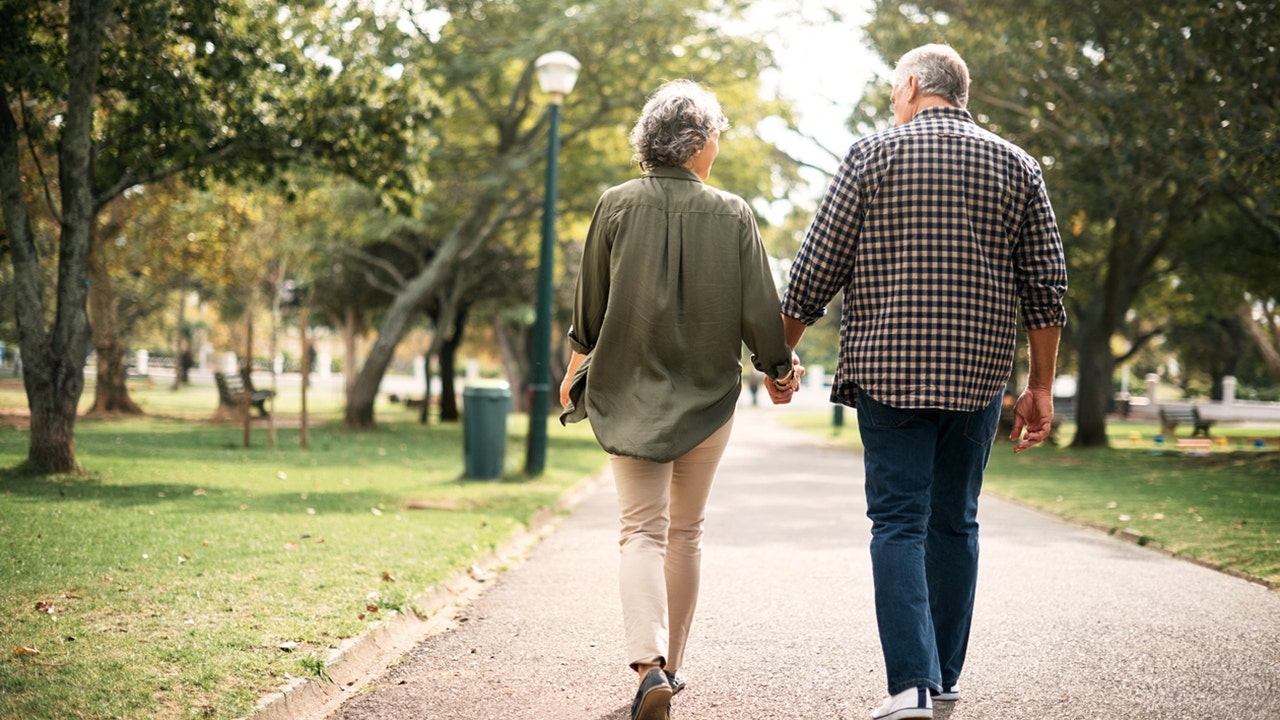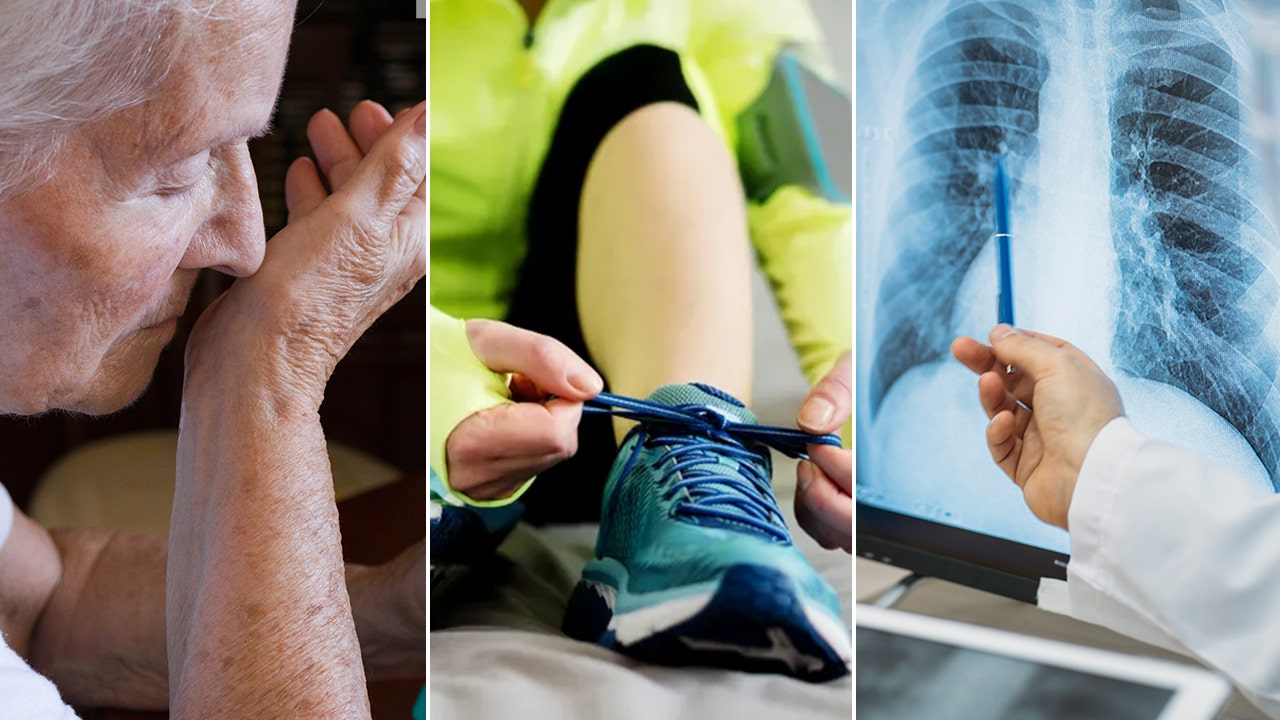Stripped of dignity, $22 left after rent — stories emerge as Ontario sued for halting basic income pilot

Tracey Crosson says she ate healthier, slept better and had more energy when she was receiving basic income payments from the Ontario government.
Now, she’s left with $22 every month after paying rent and relies on Meals on Wheels.
Crosson is just one of the thousands of people impacted after the province scrapped the basic income pilot project (OBI) nearly six years ago. The early cancellation of the program in 2018 is behind a class-action lawsuit that was certified by a Superior Court judge on March 4.
“When I was on the OBI, I got to go and get a steak for $10 and have that for dinner once a month,” said Crosson, who participated in the program in Thunder Bay and now lives in Toronto for better access to medical care. “Now, I don’t have the luxury for steak and hamburger and all that stuff.”
On Tuesday, the Toronto law firm Cavalluzzo LLP said the class action was brought forward by 4,000 people. It alleges Ontario breached the terms and conditions of the contract it entered with participants and seeks damages of up to $200 million.
The pilot project was launched by Kathleen Wynne’s Liberal government in 2017 — in Lindsay, Hamilton and Thunder Bay — with the goal of learning how a basic income would affect people’s well-being over a three-year period.
It was axed in the summer the following year, shortly after the Conservatives under Premier Doug Ford came into power.
Cost of living, food bank use up since OBI ended
Tracey MacKinnon, an anti-poverty advocate in Thunder Bay, has had similar experiences to Crosson.
MacKinnon said the OBI finally allowed her to stock up on food.
“It was nice to see my cupboards, my fridge, my freezer … full of food. That never happened before.”
The Ontario basic income pilot project was supposed to provide monthly payments to people in Lindsay, Hamilton, and Thunder Bay for three years – but the program was axed shortly after the Conservatives came into power in 2018. Here’s how the cancellation continues to affect former participants, as advocates at the federal level push for a guaranteed livable basic income framework established across Canada.
Since the pilot project ended, the cost of living has continued to climb across Ontario and more people are relying on food banks.
Ontario has indicated it won’t appeal the court’s decision to certify the lawsuit. That means the case has entered the second stage — the common issues trial.
In an email to CBC News, a spokesperson for the Ministry of Children, Community and Social Services said they could not comment on the case as it is before the courts.
Tracey Mechefske, who goes by Willow, is one of the designated plaintiffs in the class action. She participated in the OBI in Lindsay and said it allowed her to start a skin-care business, Raventree Naturals.
“My heart sank because I had a three-year plan to pay off [my] line of credit and have this business up and running enough that I wouldn’t need to be on ODSP [Ontario Disability Support Program] anymore,” Mechefske said of the program’s cancellation.
For her, participating in the lawsuit has been a way to channel her anger “in a positive way.”
In the years it’s taken for the lawsuit to be certified, “We’ve had people die by suicide because they were going to be forced back into this hole that they couldn’t get out of,” Mechefske said.
Joshua Hewitt was in and out of homelessness for about a decade. The Thunder Bay resident said the OBI helped him get into a better apartment and invest more time into his volunteer organization, StandUp4Cleanup, which he launched while in recovery from alcoholism.
“A lot of the barriers just started to fade away because I was able to get out in the community and access resources, and I could go to restaurants that I normally wouldn’t go to,” said Hewitt.
After the pilot program ended, his three-year plan was tossed out the window. Now a single dad on Ontario Works (OW), Hewitt said having a basic income would have made a huge difference for his family.
“I felt like all the dignity I worked for and all the dignity they gave me with the program was just stripped away,” he said. “It really is just a broken system.”
Push for living wage continues
A single person on ODSP gets $1,308 a month for basic needs and shelter, or under $16,000 a year. A single person on OW receives $733 a month, amounting to less than $9,000 annually.
CBC News asked the Ministry of Children, Community and Social Services if that’s enough to live on. In an emailed statement, a spokesperson said, “Future increases for ODSP are now tied to inflation and will occur each July, helping recipients to keep pace with the rising costs of life’s essentials.
“We’ve made it possible for ODSP recipients to keep much more of their ODSP income support when working by increasing the earnings exemption by 400 per cent, allowing them to further support themselves and their families while continuing to contribute to their community.”
The spokesperson also said the federal and provincial children’s benefits and the Ontario Trillium Benefit help support affordability for Ontarians.
The Ontario Living Wage Network calculates the living wage in Thunder Bay at $19.80 an hour. For a person working 40 hours a week for 50 weeks a year, that would equate to an annual income of just below $40,000, not including tax deductions.
Bonnie Krysowaty is a researcher and program manager at the Lakehead Social Planning Council in Thunder Bay. The council helped bring about 1,000 participants into the OBI and advocates for a living wage.
“What it would mean is that people would be able to meet the social determinants of health,” Krysowaty said of having a living wage. “That includes social inclusion, being able to have mental health supports, physical health, all of those things combined — it really would make a difference in people’s lives.”
Basic income bill going through Parliament
At the federal level, efforts are underway to establish a national framework for a guaranteed livable basic income.
Senator Kim Pate and Winnipeg Centre MP Leah Gazan introduced Bills S-233 and C-223 in December 2021. If passed, the bills would require the finance minister to create such a framework within a year. Bill S-233 is further ahead, having reached second reading in the Senate last April.
MacKinnon and other anti-poverty advocates feel hopeful about the basic income bills, especially given the longer lineups at food banks and soup kitchens in recent years.
“It’s not a handout; it’s a hand up to help those that are struggling,” she said.
Mechefske wants people to understand that a basic income would benefit everyone, not just those on social assistance.
“The more you take care of people, the healthier they are and the better chance that they’re going to be in society being productive,” she said. “Life just works better for everybody when everyone’s healthy.”




